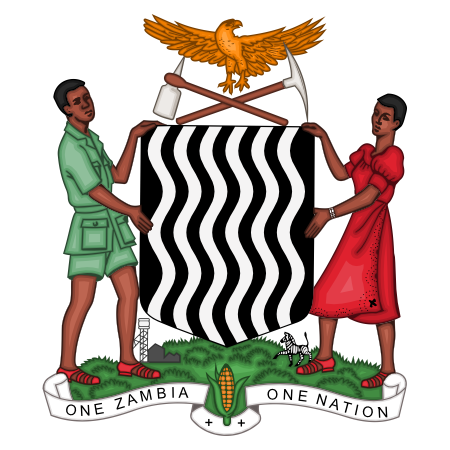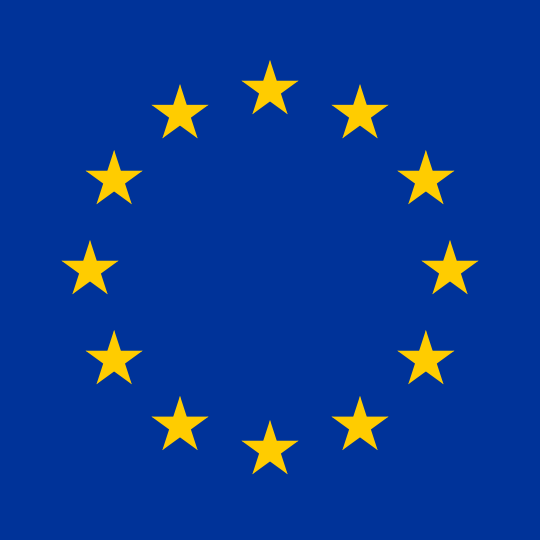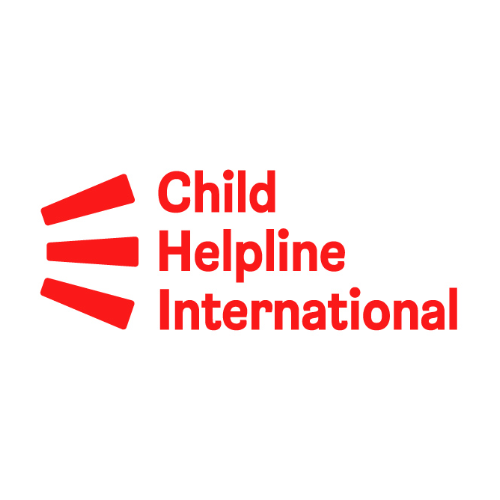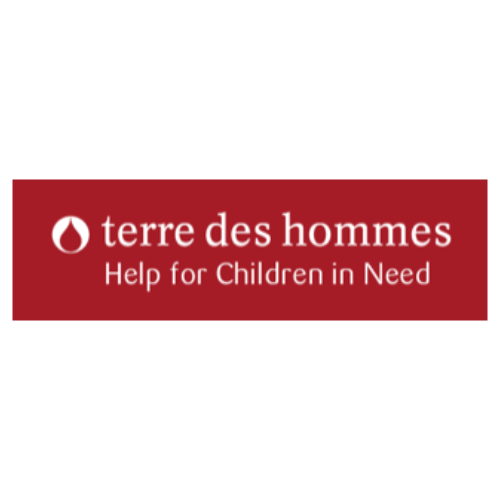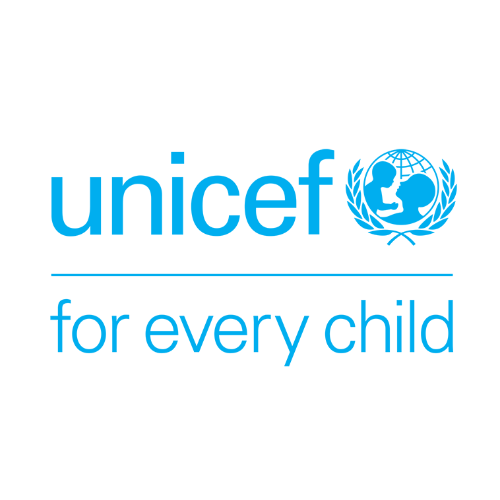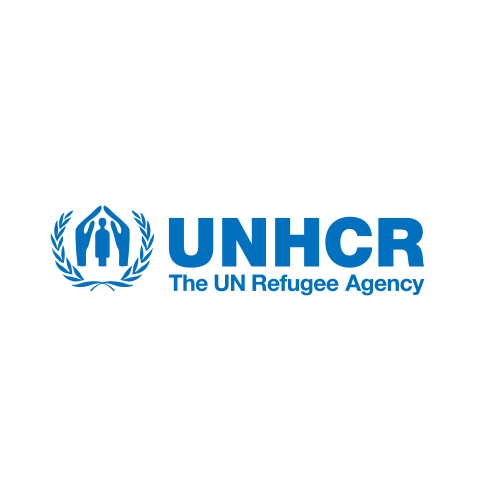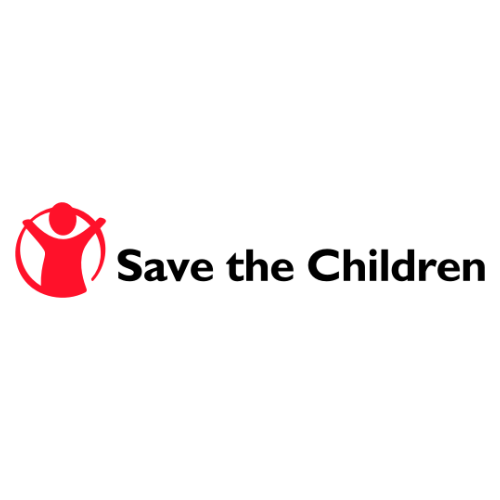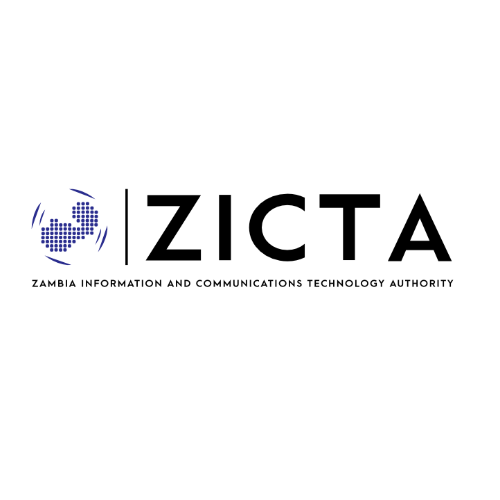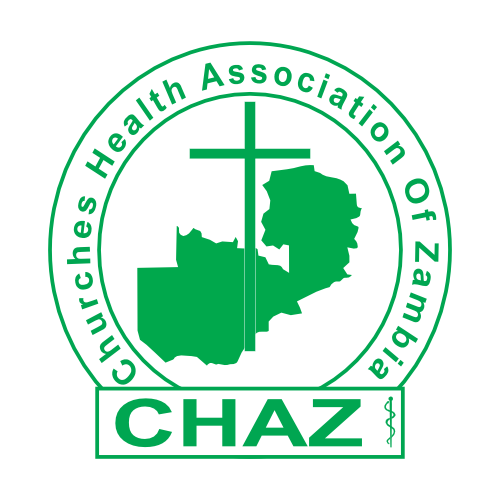Growing up/ puberty
Puberty is when your body grows and develops to become an adult. It affects different people in different ways and at different times, some people start seeing changes early and others much later. Your body goes through a series of changes as it starts producing new hormones as you grow up which can sometimes be confusing and stressful.
Girls
Puberty usually happens between between the ages of 8 and 14 and some girls go through it really quickly while for others it can take two or three years. You’ll start seeing your breasts and hips get bigger and get pubic hair. You may get taller and get spots or sweat more at night. You’ll start getting your period every month, need a bra and some girls feel moody or sad or irritable without really knowing why.
It’s nice to have someone to talk to but this can be embarrassing or uncomfortable. If you’re worried about changes in your body or have questions about what to expect next, the best place to go is to your local health clinic where they have special safe spaces for teenagers and young adults. You can talk privately and confidentially to a Youth Counsellor or Nurse who is specially trained to understand, not judge and is respectful and kind.
Boys
Puberty usually happens between around 11-14 and some boys go through it really quickly while for others it can take two or three years. You’ll start getting taller and more muscular, you’ll get pubic hair around your penis and testicles (balls) which will also be growing larger. . You may start growing facial hair and your voice will get deeper, you might get spots and some boys feel moody or sad or irritable without really knowing why.
It’s nice to have someone to talk to but this can be embarrasing or uncomfortable. If you’re worried about changes in your body or have questions about what to expect next, the best place to go is to your local health clinic where they have special safe spaces for teenagers and young adults. You can talk privately and confidentially to a Youth Counsellor or Nurse who is specially trained to understand, not judge and is respectful and kind.
Many of the early signs and symptoms of HIV feel like those when you have a bad cold or the flu. They can include;
- Being tired all of the time.
- Swollen glands in your neck or groin.
- Fever that lasts for more than 10 days.
- Sweating at Night sweats.
- Weight loss even if you’re still eating the same
- Purplish spots on your skin that don’t go away
The only way you can know for sure if you have HIV is to get tested and the best option is usually to go to your nearest health clinic where they have special safe spaces for teenagers and young adults. You can talk privately and confidentially to an HIV counselor who is specially trained to understand, not judge and is respectful and kind.
Periods
A part of growing up is getting your period. Periods are natural and happen once a month although not everyone’s periods are regular especially when you’re just starting. During your period you lose a small amount of blood through your vagina, it’s nothing to be worried or scared about and usually last about three to seven days. You may get a tummy ache or felt some cramps which can hurt. Sometimes using a hot water bottle on your stomach or taking a pain killer tablet can help. Maybe talk to a woman that you know and trust to see what she suggests.
It’s nice to have someone to talk to but this can be embarrasing or uncomfortable. If you’re worried about changes in your body or have questions about what to expect next, the best place to go is to your local health clinic where they have special safe spaces for teenagers and young adults. You can talk privately and confidentially to a Youth Counsellor or Nurse who is specially trained to understand, not judge and is respectful and kind.
Condom use
Using a condom properly every time you have sex is the best way of stopping you getting HIV and preventing pregnancy. Not everyone knows how to do use condoms so if you’re not sure or need free condoms the best place to go is to your local health clinic where you can talk privately and confidentially to a youth counselor who is specially trained to understand, not judge and is respectful and kind.

